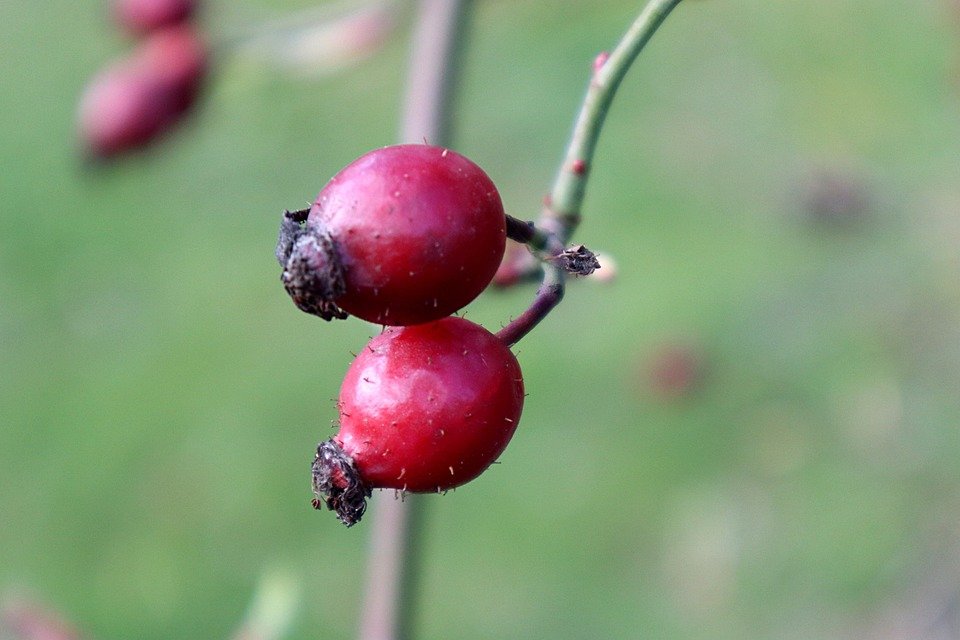Wondering when to go to Malé without running into huge crowds or bad weather? Your perfect trip to this vibrant capital of the Maldives really depends on a few factors—like weather, budget, local events, and what exactly you want to experience. Whether you're a budget traveler looking for the best deals, a beach lover eager for sunny skies, or a culture enthusiast hoping to experience local festivities, timing your visit can make all the difference. Let's break it down!
Overview of Malé’s Climate
Malé boasts a tropical climate, which means you can generally expect warm and humid weather throughout the year. The temperature in Malé typically hovers between 25°C to 32°C (77°F to 90°F), making it a warm destination regardless of the season.
The weather in Malé can be split into two main seasons: the dry season (from November to April) and the wet season (from May to October). The dry season offers plenty of sunshine and is generally considered the best time to travel to Malé, while the wet season brings occasional heavy rain and wind. If you love a bit of adventure and don't mind the humidity, the wet season might still have its charms.
Month-by-Month Breakdown
January to March: Peak Season
Weather: This period offers the best weather conditions—sunny skies, gentle breezes, and minimal rainfall.
Events: Expect some local festivals, such as the Maldives National Day in February.
Pros: Great for beach activities, snorkeling, and exploring the local markets. You'll find lots of tourists, but the vibe is upbeat.
Cons: Prices for hotels and activities may be higher due to peak season.
Best For: Beach lovers and social travelers who enjoy a lively atmosphere.
April: Transition Month
Weather: As the month progresses, you might begin to experience some pre-monsoon rain, but it's still largely dry.
Events: Not much in terms of local festivals, but you can enjoy quieter beaches and fewer crowds.
Pros: Prices start to drop, and you can still enjoy nice weather.
Cons: Humidity starts to rise, and the risk of rain increases slightly.
Best For: Budget travelers who still want decent weather.
May to August: Wet Season
Weather: This is officially the rainy season in Malé, with higher humidity and more frequent downpours.
Events: Ramadan often falls in this period (depending on the lunar calendar), which can be a unique cultural experience if you're mindful of local customs.
Pros: Significant drop in accommodation prices, and you can enjoy a more authentic Maldivian experience.
Cons: Heavy rains can happen, so be prepared for potential schedule changes.
Best For: Adventurous travelers and those on a budget. This season is perfect if you're looking for stunning cloud-scapes and dramatic skies for photography.
September to October: Transition Back to Dry Season
Weather: The rain begins to taper off, but the weather can still be unpredictable.
Events: October tends to see a few local festivals making their way back.
Pros: Lower prices continue, and you can still catch the tail end of some rainfall without the crowds.
Cons: You might face some rainy days, but many still find beauty in the moody skies.
Best For: Solo travelers or couples looking for a more peaceful experience without the peak crowds.
Tips Based on Travel Style
For Budget Travelers
If you're trying to pinch pennies, visiting Malé during the wet season (May to October) can be a smart choice. Accommodation and food prices tend to be lower, and you'll find fewer tourists. However, just be prepared for the occasional shower.
For Avoiding Crowds
Head there during the shoulder months, like late April or early October. You can enjoy relatively good weather along with quieter streets and beaches, making it perfect for a relaxed getaway.
For Outdoor Activities or Cultural Events
If diving, snorkeling, or exploring local culture are on your bucket list, the dry season from January to March is the ideal time to go to Malé. The weather will be perfect for outdoor adventures, and you can take part in local festivals.
For Romantic or Solo Trips
September and October can offer a more intimate atmosphere. You might find some cozy hotels with special deals, making it a lovely time to experience Malé with that special someone—or even just to indulge in some solo reflection.
It really depends on what kind of experience you're looking for. Some travelers love April for its quiet vibe, while others aim for the lively festivals in February. Malé has something to offer year-round!
FAQs
Is January a good time to visit Malé?
Absolutely! January is part of the dry season, offering ideal weather and plenty of activities. However, be ready for busy tourist spots.
When is the rainy season in Malé?
The rainy season usually runs from May to October, with the heaviest rains typically falling in June and July.
What's the cheapest time to visit Malé?
The wet season from May to October tends to have lower accommodation prices, making it the cheapest time for budget travelers.
What's the peak season in Malé?
The peak season is from December to March, when tourists flock to enjoy the best weather and local events.
Whenever you decide to visit Malé, planning around your preferences and the conditions of the island can help ensure a fulfilling adventure. Each month offers a unique perspective of this bustling capital—you just have to find the right vibe for your trip!








